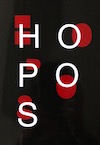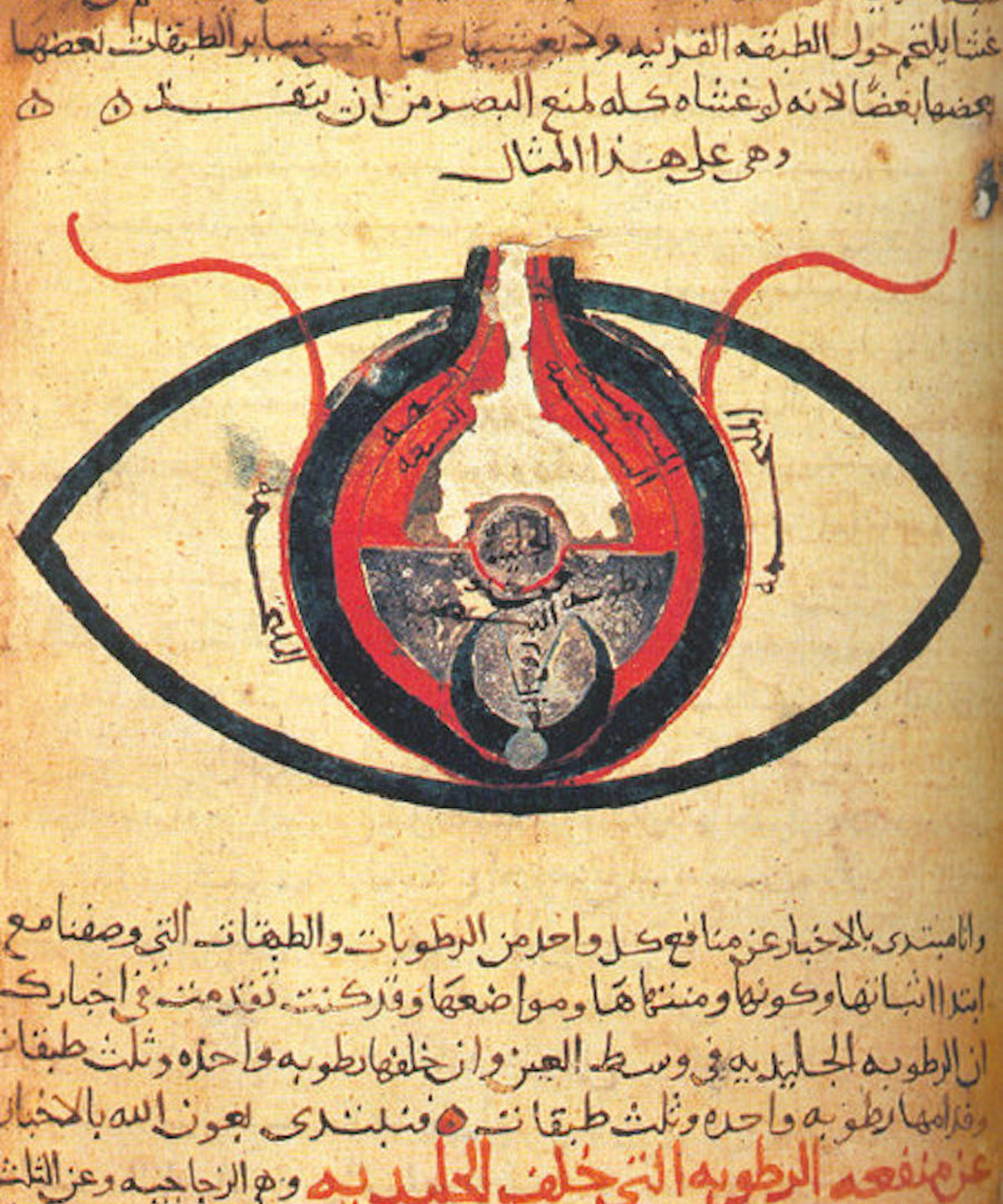 HOPOS
The Journal of the International Society for the History of Philosophy of Science
HOPOS
The Journal of the International Society for the History of Philosophy of Science
HOPOS publishes international, peer-reviewed scholarship examining the development of the philosophical analysis of science in history, and how that development informs and influences the philosophy of science. The journal provides an outlet for work that helps to explain the historical links between philosophy and science, the social, economic, and political context in which both are situated, and the problems and debates that have shaped philosophy and science. It is published by University of Chicago Press.
The latest issue is available here. To subscribe or submit: journals.uchicago.edu/hopos.
Follow us on Twitter and Facebook!Editorial Board
Editor
Matthew J. Brown, Southern Illinois University, United States of America
Associate Editors
Francesca Biagioli, University of Turin, Italy
Emma Gannagé, American University of Beirut, Lebanon
Bennett McNulty, University of Minnesota, United States of America
Teru Miyake, Nanyang Technological University, Singapore
Sophie Roux, École Normale Supérieure, France
Sander Verhaegh, Tilburg University, Netherlands
Book Review Editor
Trevor Pearce, The University of North Carolina at Charlotte, United States of America
Managing Editor
Danica Jenck, Southern Illinois University, United States of America
Promotions Liaison
Lydia Patton, Virginia Tech, United States of America
Editorial Board
Peter Adamson, Ludwig-Maximilians-Universität München, Germany
Chiara Ambrosio, University College London, United Kingdom
Yemima Ben-Menahem, Hebrew University, Israel
Patricia Blanchette, University of Notre Dame, United States of America
Katherine Brading, Duke University, United States of America
Anastasios Brenner, Université Paul-Valéry Montpellier 3, France
Hasok Chang, University of Cambridge, England, United Kingdom
Karine Chemla, Université de Paris-Diderot, CNRS, France
Cristina Chimisso, The Open University, United Kingdom
Ivan F. da Cunha, Federal University of Santa Catarina, Brazil
François Duchesneau, University of Montreal, Canada
Andrea Falcon, Concordia University, Canada
Menachem Fisch, Tel Aviv University, Israel
Janet Folina, Macalester College, United States of America
Lisa Gannett, Saint Mary’s University, Canada
Dan Garber, Princeton University, United States of America
Don Howard, University of Notre Dame, United States of America
Paul Hoyningen-Huene, Leibniz University Hannover, Germany
Gurol Irzik, Sabanci University, Istanbul, Turkey
Monte Johnson, University of California, San Diego, United States of America
Martin Kusch, University of Vienna, Austria
Martin Lenz, University of Groningen, Netherlands
Alan Love, University of Minnesota, United States of America
Peter McLaughlin, University of Heidelberg, Germany
Omar Nasim, Universität Regensburg, Germany
Elisabeth Nemeth, University of Vienna, Austria
Lydia Patton, Virginia Tech, United States of America
Erich Reck, University of California, Riverside, United States of America
Alan Richardson, University of British Columbia, Canada
Vincenzo De Risi, CNRS, France
Rose-Mary Sargent, Merrimack College, United States of America
Margaret Schabas, University of British Columbia, Canada
Jutta Schickore, Indiana University, United States of America
Warren Schmaus, Illinois Institute of Technology, United States of America
Friedrich Stadler, University of Vienna, Austria
Renny Thomas, IISER Bhopal, India
Thomas Uebel, University of Manchester, England, United Kingdom

What We Publish
HOPOS research engages past philosophers of science on their own terms and in their own context. Among the core contributions of HOPOS are landmark analyses of logical empiricism, the new sciences of the early-modern period, relativity and quantum theory, philosophy of mathematics, Kantian and neo-Kantian philosophy of science, and early analytic philosophy. The journal HOPOS also provides a strong existing platform in the history of the social and life sciences, including economics, the life sciences, history, and psychology. The journal provides a synoptic view of the history of the philosophy of science, and does not restrict submissions to any specific time period, scientific enterprise, philosophical approach, or geographical location.
The HOPOS journal is index by EBSCOhost (Humanities Source, MasterFILE Complete, and TOC Premier), Clarivate Analytics (Emerging Sources Citation Index), the Norwegian Centre for Research Data (European Reference Index for the Humanities and Social Sciences) and Elsevier’s SCOPUS.
